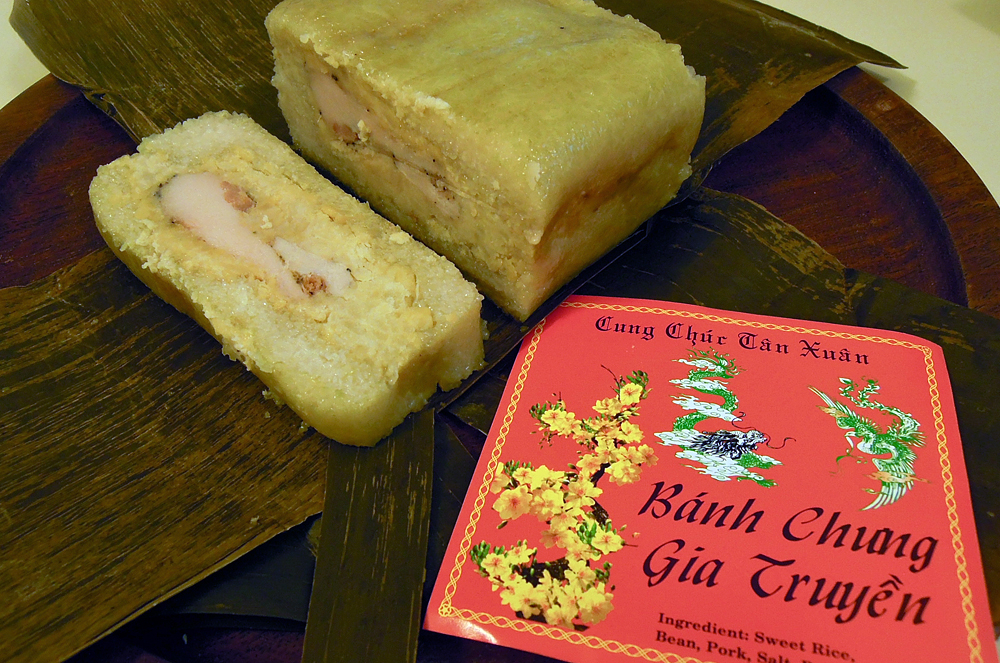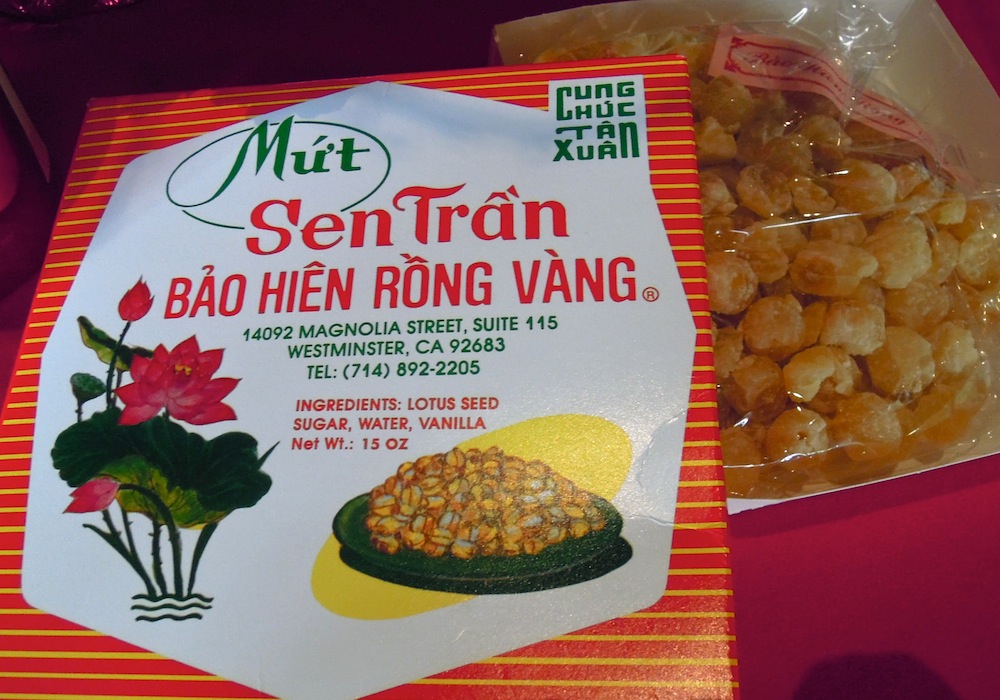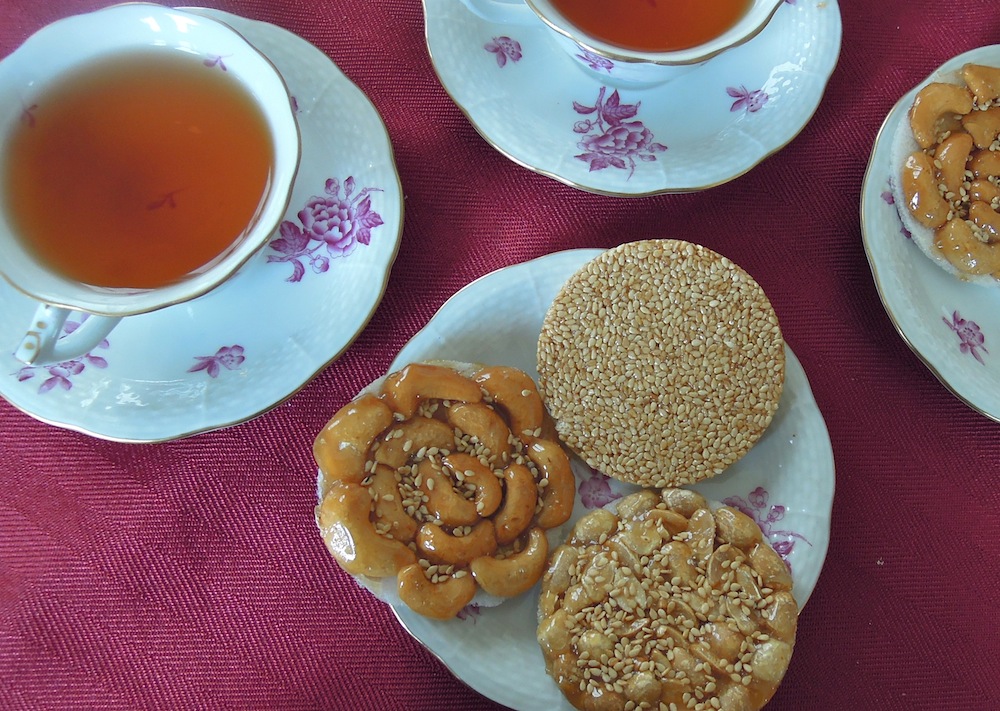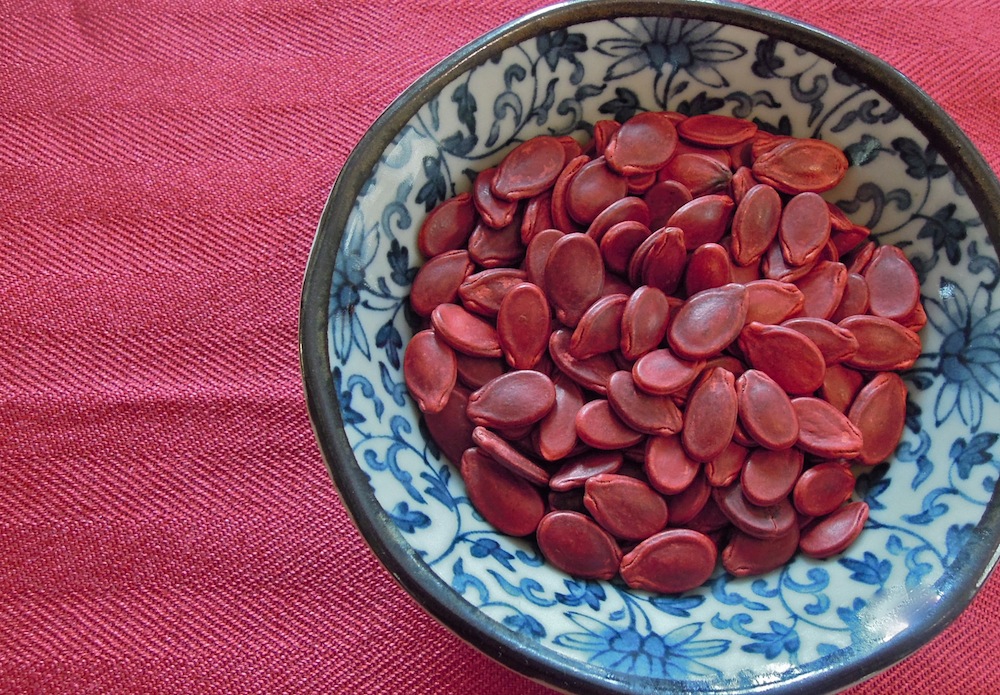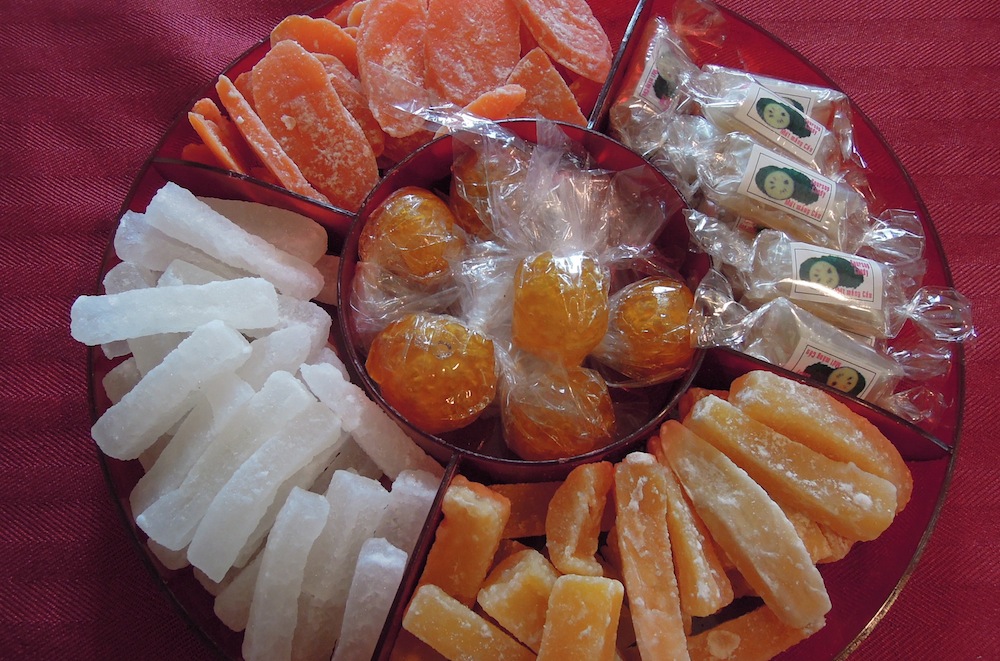
As the Tran family gathers to celebrate the Lunar New Year, which starts this Friday, they will share wedges of thick, sticky rice filled with peppery pork and mashed mung beans (banh chung), slices of a cold cut made from chopped pig ears and snout (gio thu), pickled vegetables, and perhaps some fish in a caramelized kho sauce. When friends and relatives come by to visit over the next few days, there will be endless cups of tea, served with dried fruits and nutty sweets.

These traditional foods are specific to the Vietnamese observance of the Lunar New Year known as Tết. The ancient holiday shares the annual date with the Chinese New Year and both cultures cherish similar traditions of buying new clothes, decorating recently cleaned houses and giving gifts of money in red envelopes. Yet at the essential family get-togethers to honor ancestors and exchange wishes for luck and prosperity in the coming year, the treasured dishes enjoyed around the holiday table will vary considerably.
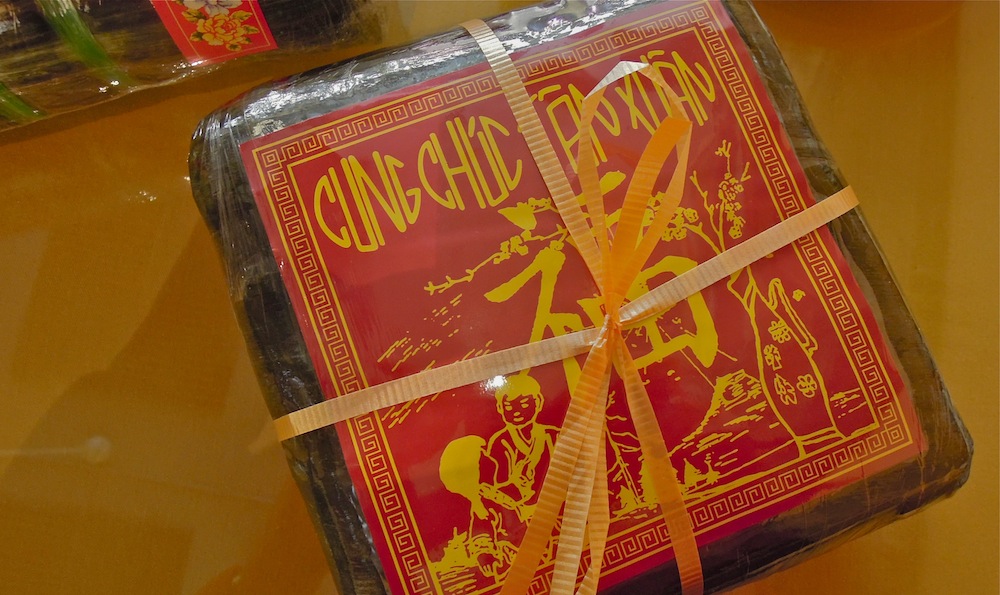
In the Bay Area, with its large Chinese population and their early arrival as immigrants, Tết, (as well as Lunar New Year celebrations in the Korean, Singaporean and Indonesian communities) seems to get eclipsed by the older and more well known Chinese New Year parade and events.
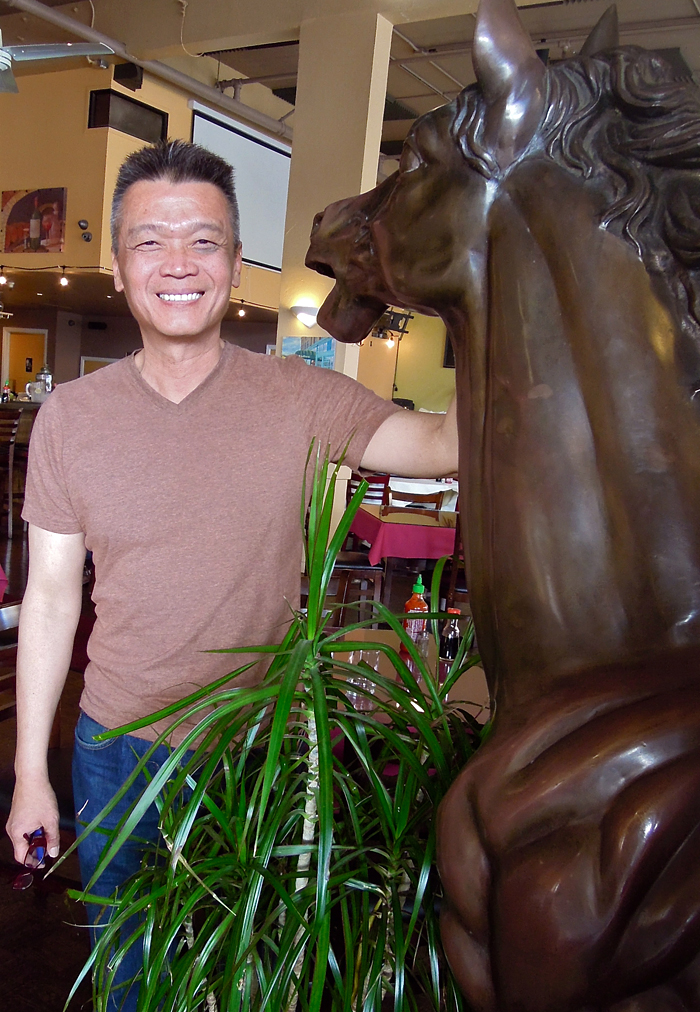
What better place to honor the lively equine spirit of the coming Year of the Horse than Oakland’s Le Cheval Vietnamese restaurant? I recently met with owner Son Tran, who was born in the year of the Horse and started the restaurant with his mother and other members of their large family. When they were trying to decide on a name for their restaurant more than twenty years ago, Tran told me, they thought a Vietnamese word would be too hard to pronounce, English would sound too American, and finally agreed that French, the language of the older generation and an artifact of France’s almost century of colonial rule, could convey just the right tone. Son’s astrological sign became the moniker of his family’s popular restaurant, which was sealed by his lucky find of a huge painting of stampeding stallions that defines the proud spirit of this beloved, downtown Oakland restaurant.
Since the “Horse is a highly intuitive animal,” says astrologer Susan Levitt, “people born in Horse year follow their hunches. Their keen judgment and natural intuition often help them make the right decisions throughout their life.” The Horse personality has also been noted for its independence, stubbornness and refusal to accept failure.
